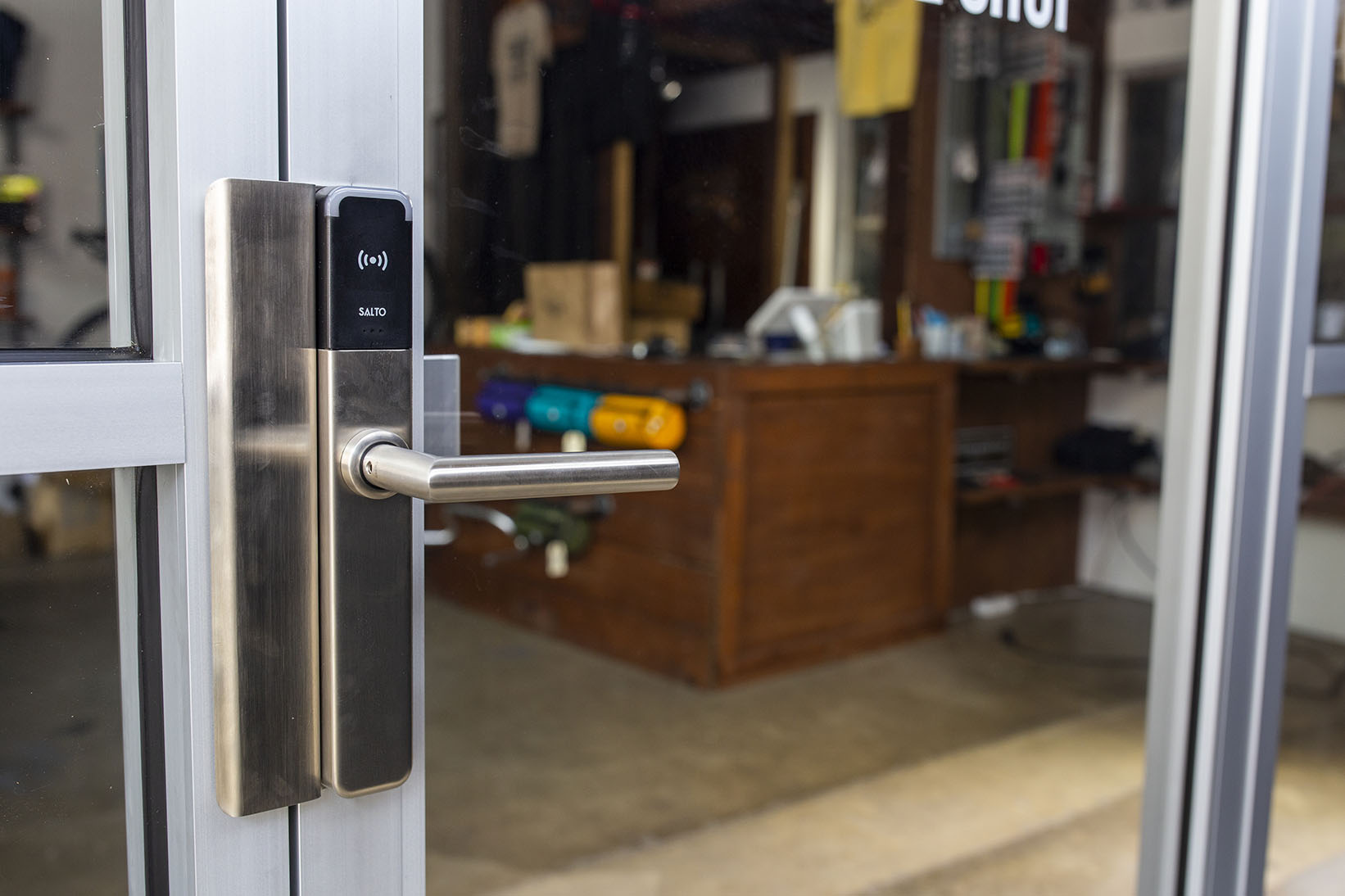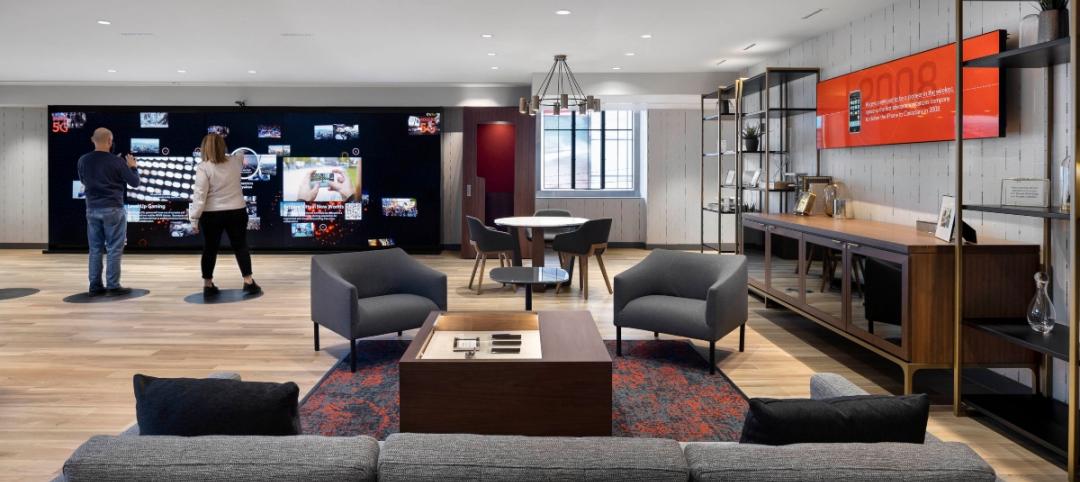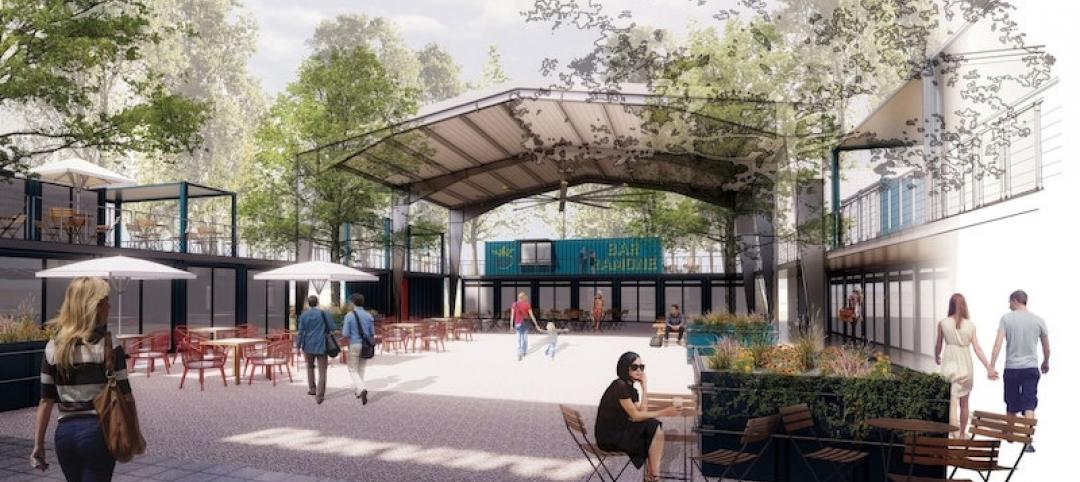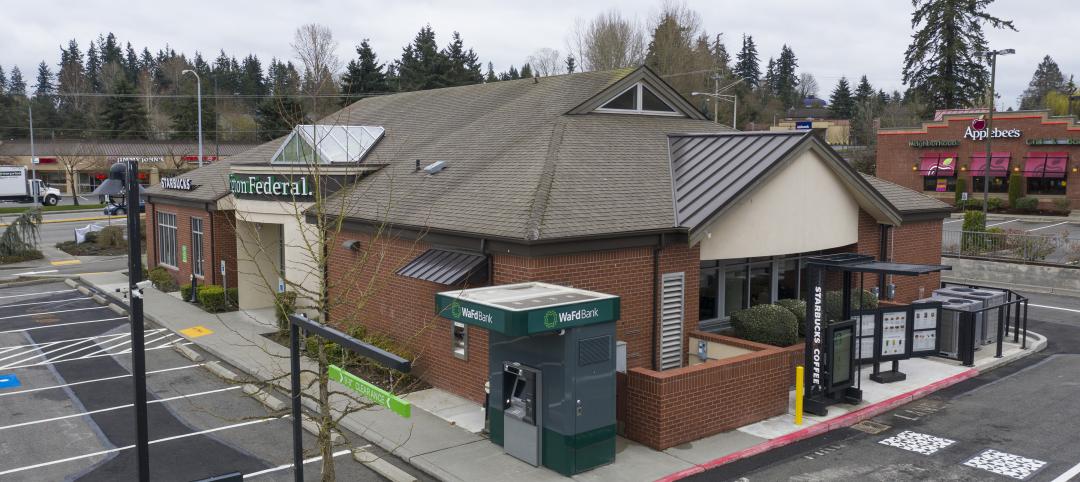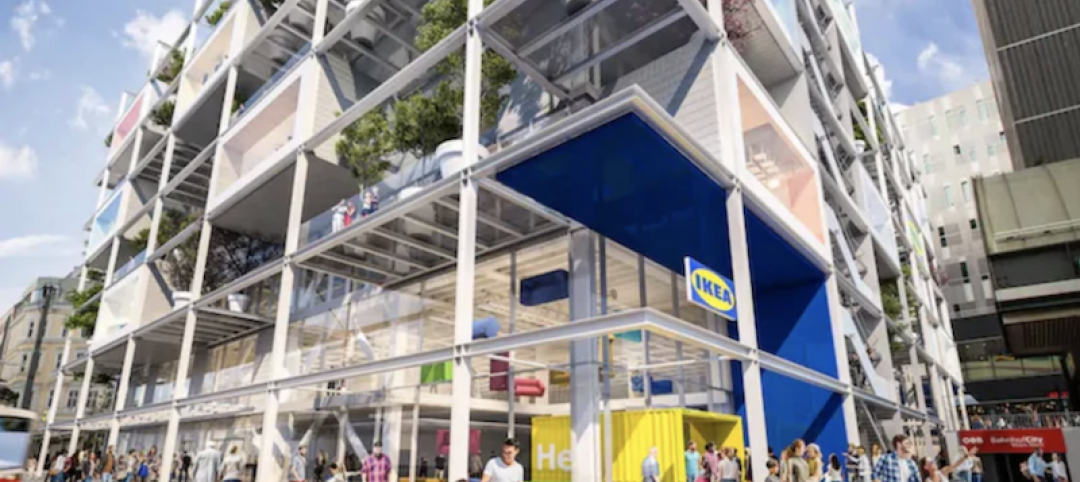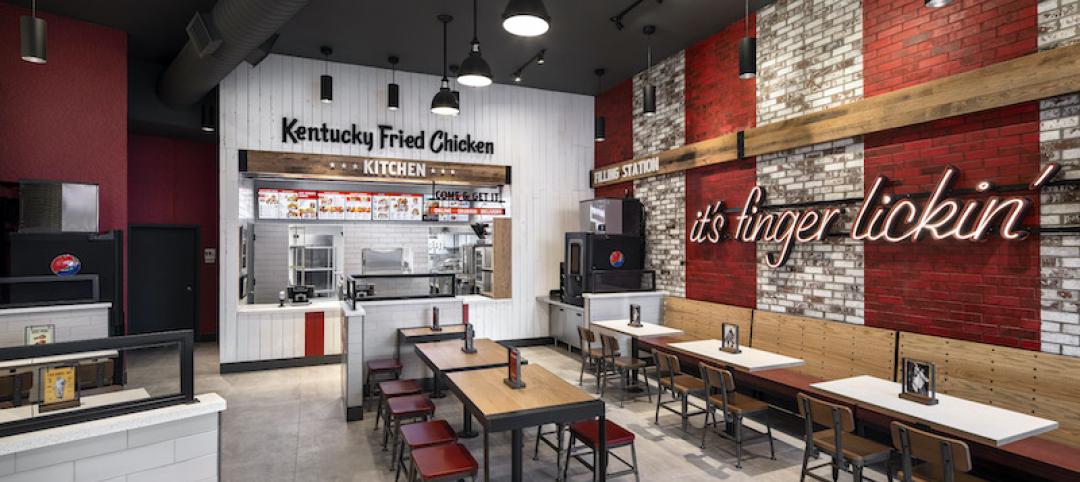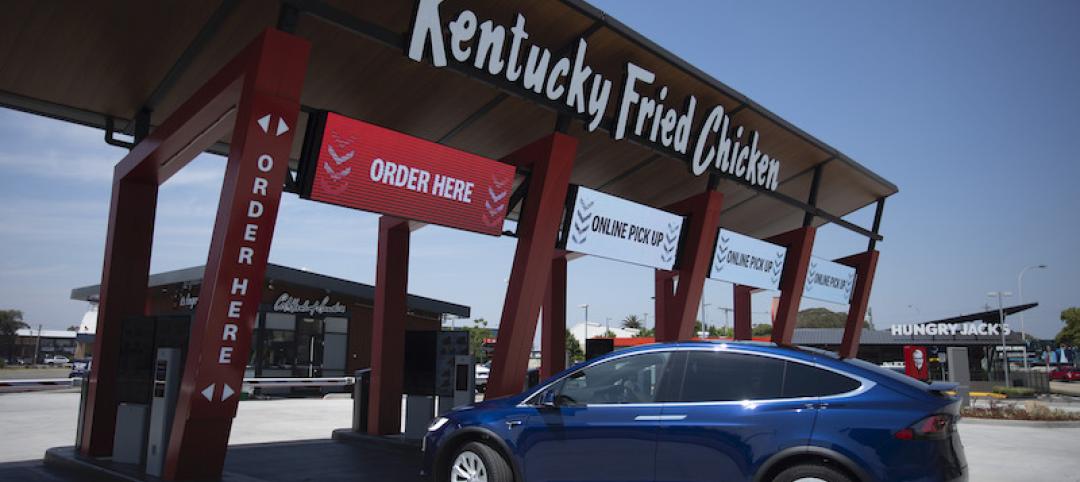Traditional lock-and-key systems are rapidly being replaced by keyless entry systems in retail businesses. An obvious advantage of this evolution is the elimination of physical keys, a burdensome task to manage. However, keys-as-a-service (KS) — in which permissions and access are controlled by cloud-based technology — offers other important benefits. One such benefit lies in the valuable data these systems collect.
“Keys-as-a-service systems maintain a comprehensive log of every access event,” says John Wright, SALTO Systems Retail & Fitness Industry Business Leader. “This includes information on who accessed which doors and when, providing detailed insights into the retail space’s usage.” That data extends not only to doors, but to storage cabinets, lockers, showcases — anything that requires physical security.
What the Data Reveals
One main insight that systems like SALTO KS can provide is user behavior information. Who accessed which doors and when? Tracking that information can also shed light on traffic patterns, frequently used access points, and even potential security breaches.
“This user behavior data can be analyzed to optimize staffing and operating hours, enhancing overall operational efficiency,” says Wright. This also benefits customers, he adds, when understanding peak access times and busy areas can help retailers maximize store layout and manage traffic, resulting in a better customer shopping experience.
Furthermore, the system reports on its own status, including its battery life and functionality, so that it can be continuously maintained in top operating condition.
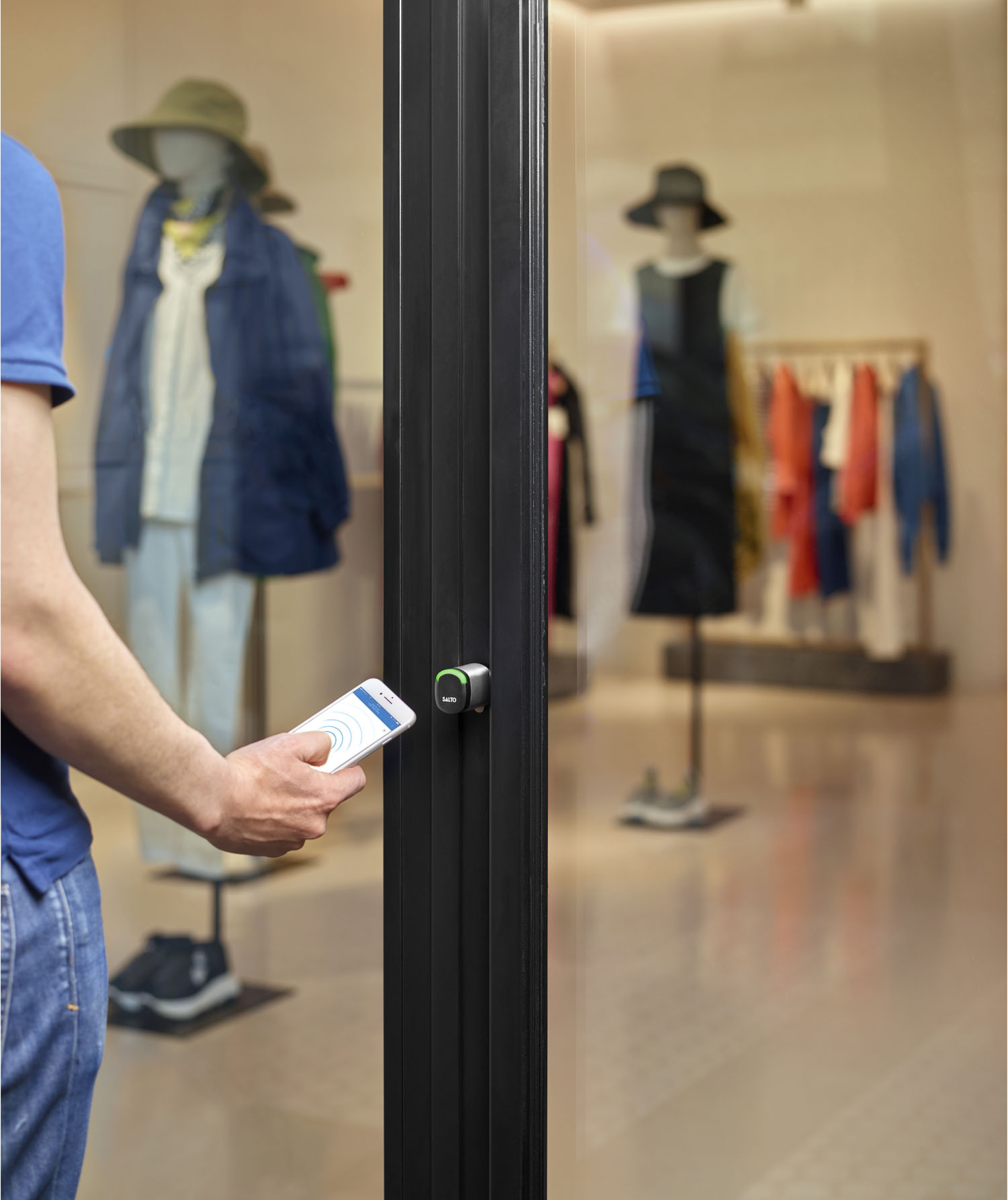 Global Scalability
Global Scalability
SALTO’s KS data collection capability becomes even more valuable in a distributed retail landscape, where businesses span multiple locations and even countries. Wright notes, “Regardless of geographical boundaries, all access control points connect to a unified system. This means that all access data coming in from multiple locations is collected and stored centrally, making it easily accessible and manageable from anywhere in the world.” That level of global, real-time visibility is essential for large-scale retail operations.
As an organization expands into new retail locations, the access information from all sites, both new and existing, is seamlessly integrated into a single KS database. In addition, the same access control standards are implemented across all stores, eliminating concerns about inconsistent application of security measures in different locations.
The data collected by the KS system can be used to generate insightful reports that can include security audits, efficiency data, and behavioral analyses. This information can help with strategic decision-making, policy modifications, and enhanced operations, according to Wright.
A Resource for Business Intelligence
There are several important ways the wireless access data from the SALTO KS system can be used:
- Customer traffic patterns. Understanding peak shopping periods allows retailers to staff appropriately and adjust store hours.
- Store layout optimization. Product placement and store layouts can be optimized based on the highest traffic areas.
- Resource allocation. If a particular store receives high levels of traffic, retailers may decide to invest more in that location or add staff.
- Security planning. Retailers can enhance security measures in locations with frequent unauthorized access attempts.
- Maintenance. Device self-monitoring allows for proactive maintenance operations, reducing the chance for unexpected equipment failures.
- Expansion strategy. Comparing data among stores affords insight into what contributes to a location’s success, which can be used in future growth planning.
- Staff training. Data on unauthorized access attempts can reveal areas in which staff may need retraining.
In a highly competitive and challenging landscape, retailers who understand customer patterns, have a solid handle on security compliance, and manage their resources wisely are in a better position to thrive. Cloud-based keys-as-a-service wireless access systems make this possible.
Related Stories
Retail Centers | Jul 30, 2020
The future is a numbers game for retail and restaurants
Brick-and-mortar retailers, already gasping for air under pressure from ecommerce, were dealt a critical blow by the spread of the coronavirus that forced most stores and restaurants to close, or at best operate as carryout- or delivery-only providers.
Retail Centers | Jun 17, 2020
New cannabis dispensary under construction in Northbrook, Ill.
The project will be a national flagship location for Greenhouse.
Modular Building | May 22, 2020
‘Cargotecture’ is coming to North Carolina’s Research Triangle Park
Boxyard RTP, made from 38 shipping containers, will serve as a community gathering and social space.
Coronavirus | Apr 13, 2020
COVID-19 alert: City conducts a 'virtual building inspection' to allow Starbucks and bank to open
Bothell, Wash., issues a certificate of occupancy to developer after inspecting the property online.
Retail Centers | Mar 27, 2020
New South Korean retail building looks like a molting insect
OMA designed the project.
Retail Centers | Feb 28, 2020
Eat with the Peanuts Gang in this new experiential cafe concept
The McBride Company partnered with Peanuts Worldwide LLC to design the concept.
Retail Centers | Jan 30, 2020
An all-glass roof hovers above a refurbished shopping mall in Montreal
This $200 million project provided the installer, Seele, with some valuable lessons learned working with large panels in colder weather.
Retail Centers | Jan 21, 2020
New Vienna IKEA will include green façades and no parking
The building will include 160 newly planted trees.
Retail Centers | Dec 16, 2019
KFC opens urban prototype in the Bronx
FRCH NELSON designed the project.
Retail Centers | Nov 13, 2019
World’s first drive-thru only restaurant in Australia
FRCH NELSON designed the project.


